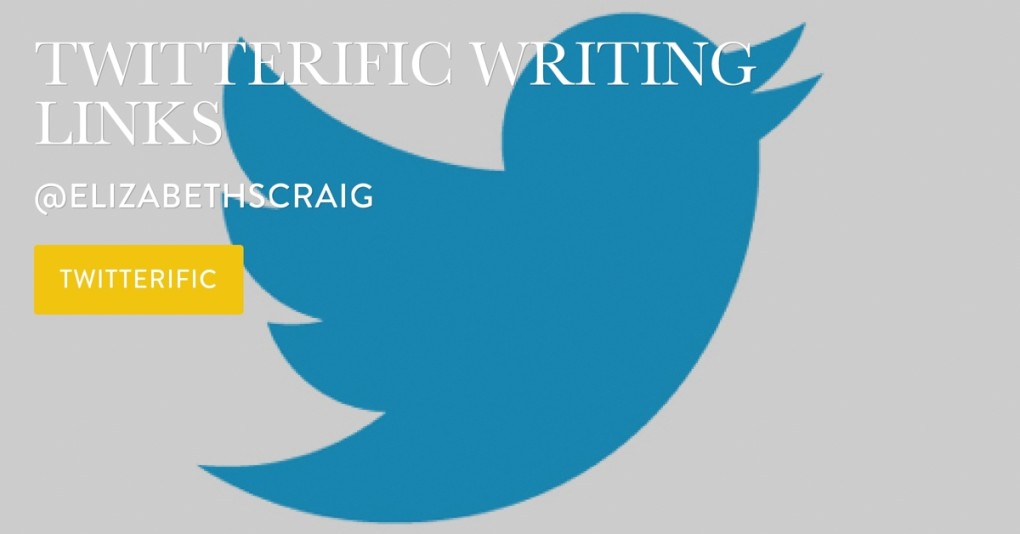By Janice Hardy, @Janice_Hardy
Ask any agent or editor to list the top three reasons manuscripts get rejected and you’ll find “not enough conflict” on that list. Conflict is at the core of every story, and without conflict, there is no story. It’s so vital, “conflict” and “story” are almost interchangeable when writers talk about it. It’s common to ask, “What’s your story about?” and have the author describe the conflict.
Which is part of the problem.
Since conflict covers such a wide range of storytelling, it isn’t always clear what people mean when they say “conflict.” Does it mean the plot of the story? The character arc? Does conflict mean the characters have to argue? Does it mean a physical battle? Does it mean soul-crushing angst or a mustached villain plotting against the hero at every turn?
No. Conflict fuels the plot and character arc, but they’re separate elements. You can have conflict without battles, without major angst, and without evil villains bent on world domination. Some of the best conflicts are those between characters who love each other deeply, but can’t agree on what to do about a problem.
I think the biggest reason writers struggle with conflict is that it’s not just one thing. Conflict is a one-two combo of a challenge faced and the struggle to overcome that challenge.
- The conflict of the plot (the physical challenges faced to resolve the problem)
- The conflict of the character (the mental challenges faced to resolve the problem)
These are the two sides of conflict and they appear in every story (and scene) in some fashion. Let’s look at each of them a little closer.Continue reading




